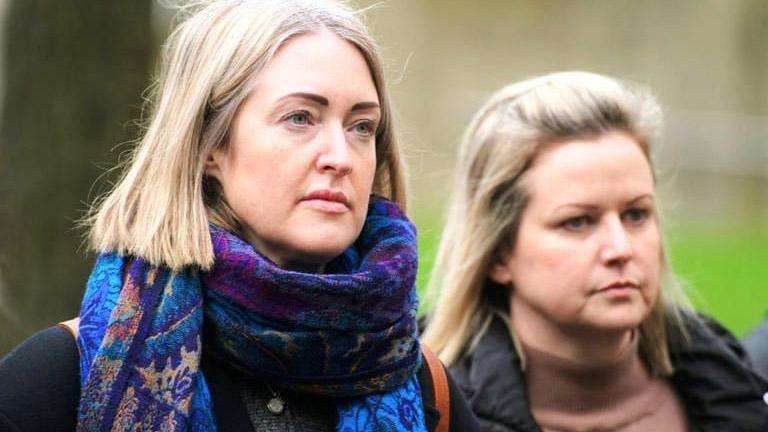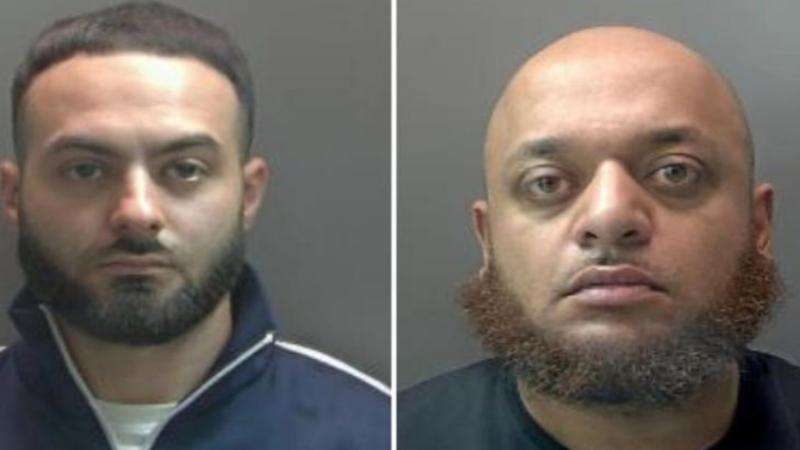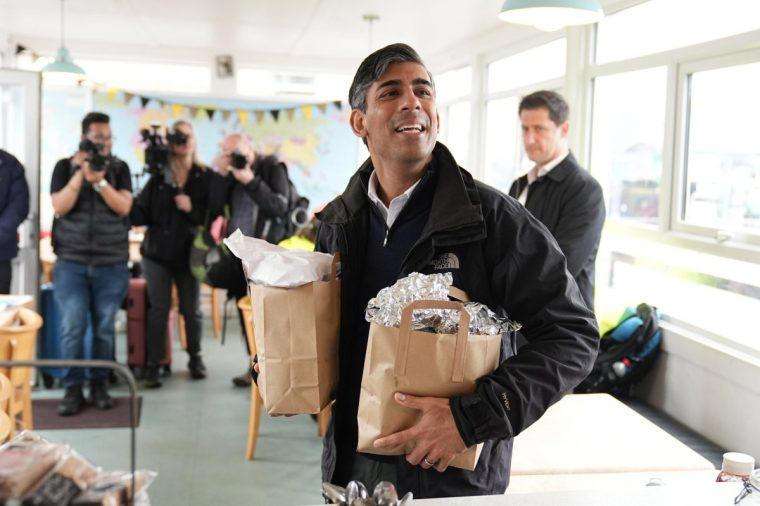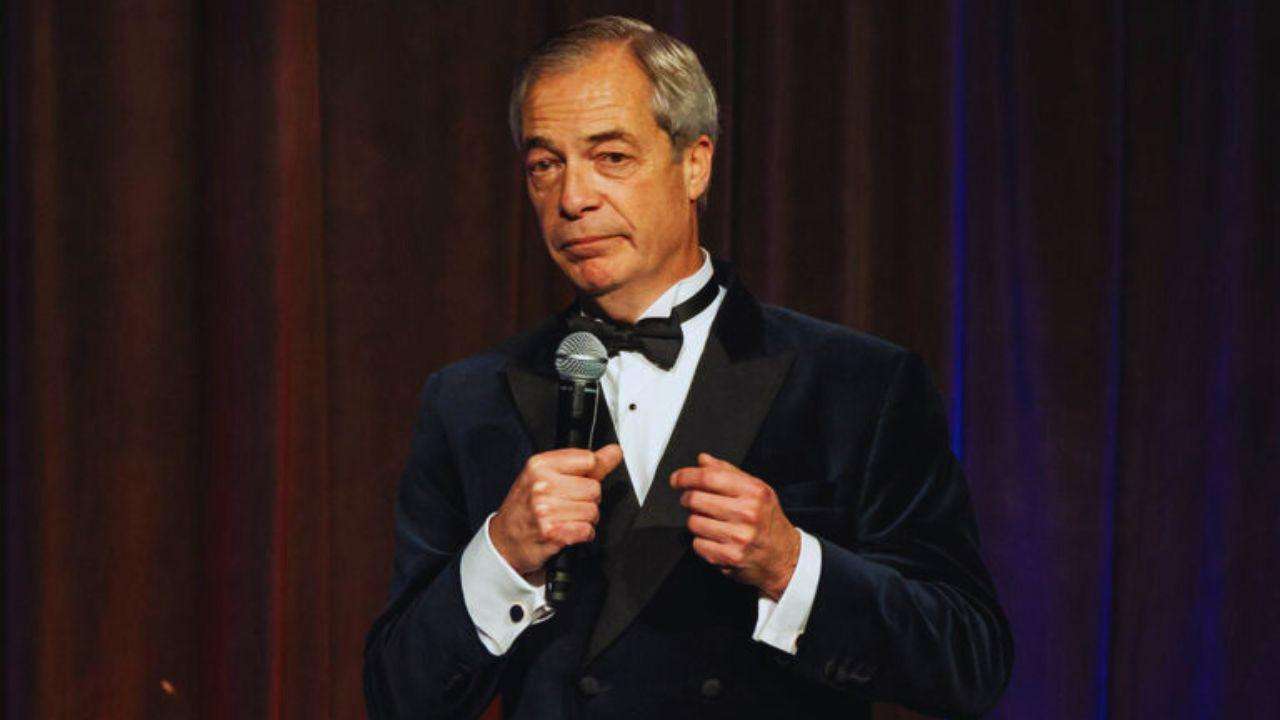2025 was meant to be the year Rishi Sunak delivered on key promises from his election campaign after nearly two years as Prime Minister. These included introducing the “Advanced Standard Qualification” requiring English and maths until age 18, a 2% cut in National Insurance to boost growth (a contrast to Labour's stance), and positioning the UK as a leader in managing Artificial Intelligence risks. However, these plans now sit in the "failed ambitions" category, rejected by voters.
Even his youth-targeted smoking ban, now adopted by Labour, is opposed by his Conservative successor.
After losing by a landslide last July, the final Conservative Prime Minister of a 14-year tenure has kept a low profile—but that's about to change.
Together with his investor wife Akshata Murty, Sunak is about to set up a private office to pursue initiatives they believe will secure his legacy. “They are both very focused people who are not going to let their ideas go to waste,” says a former staffer. “This isn’t a vanity project – they believe they can make impact in areas that mean a lot to both of them.”
Sunak, I’m told, is also keen to weigh in on matters from national security to the details of AI policy – “things that matter to him and where he has expertise” – with no plans presently to leave parliament – or fulfil predictions that he would re-home to Santa Monica, California, where he owns a property. “His children are happy here and he feels he has a lot to contribute,” says one friend. “Yes, he can go to and fro to the US – but he doesn’t feel the need to move there. He loves his life in London and house in Yorkshire and wants to continue to make a mark in the UK.”
The new office will plant a flag for the next stage of his career – at only 44, he has a long stretch ahead (Tony Blair and Boris Johnson were in their mid-50s when they left office, and David Cameron was 50 – so Sunak will be the youngest ex-PM on the block).
There’s no shortage of “dry powder” (investment money) for their idea, which the couple are funding themselves. Sunak and Murty are worth more than £500m between them. He still earns his MP salary for representing Richmond and Northallerton in North Yorkshire, but does not take the £115,000-a-year allowance accorded as a perk to former Prime Ministers.
He still operates in a close circle of confidants: James Forsyth, his old Winchester schoolfriend, former journalist and political counsellor in Downing Street, is helping with the transition. So, intriguingly, is Andy Coulson, the former editor of the News of the World, who subsequently advised the Conservative Party and David Cameron, but who had to quit politics after being found guilty in 2014 of a phone-hacking charge relating to his time as a tabloid editor. He served five months of an 18 month sentence and since his release, has grown a strategic advice company, Coulson Partners, which offers “trusted, high impact counsel, advice and crisis management” and also has experience of the life sciences and tech worlds that fascinate the Sunaks.
That will come in useful as the couple figure out how they will shape their new role. A glimpse of this was apparent when they stepped out a few Sundays ago (8th December) on a chilly night to be guests of honour at a lecture in memory of the philosopher Isiah Berlin at the Hampstead Synagogue, given by Reid Hoffman, the serial digital entrepreneur who worked at Apple and Paypal in senior roles and co-founded the LinkedIn professional social networking site.
The Sunaks still get the “political royalty” treatment – security presence is inevitable and they were ushered into a private meeting with Hoffman and placed in the front row – both exquisitely tailored in sharp black coats and Akshata, a fashion maven, in a silky patterned shirt and boots. The look is definitely more wealth than stealth – two sleek public figures – in contrast to the billionaire tech entrepreneur, who was in a baggy sweatshirt and creased chinos, who joked that he should “get some wardrobe tips from my two British friends here”.
The outing was also a marker for the Sunaks’ interests half a year after walking out of Downing Street on what he called “a difficult day after many other difficult days”. The journalist Tim Shipman’s book Out, which records the last weeks and months of the dying Tory government, paints a picture of a leader frustrated by his first brush with failure and decline he could not reverse. His mood was described even by allies leading up to the election as “glum” and “peevish” as the prospect of defeat hit hard.
After a few months reflecting and rest (in so much as a man who fasts weekly, sends emails at 6am and works out almost every day takes time out), Sunak now cuts a more relaxed figure, mingling with VIPs in the modest synagogue community centre, while turning down crisps and being resolutely teetotal).
In a speech after the lecture, Sunak referred to the “vast potential” of AI – but also the philosophical and practical challenges he said he had come to appreciate while working on the AI summit, his pet global project as prime minister, aimed at sealing a place for the UK as a watchdog of AI usage – attended by Elon Musk.
He still feels he has a central role to play in the UK’s debate on the ups and downsides of technology, which is expected to be one sphere of operations of his new office. But will Labour – or his prickly successor, Kemi Badenoch, much enjoy having a back seat driver on this issue? “He will take part in debates and wants to use his knowledge,” says a minister who served under him. “But he will be careful not to behave as if he is still in charge.”
As for his travails as Prime Minister, Sunak joked that Anthony Seldon, the veteran biographer had called it “the impossible office” – and added that he was “probably living proof of this”, wondering “if AI might help my successors make a better job of it.”
Technology, its applications – and wealth-enhancing potential for those who find the right business models – has fascinated Sunak since he went to Stanford in California after his PPE degree at Oxford. As a student, he was, according to a friend at the time, “obsessed by getting to Goldman Sachs” and ended up with a job as an analyst for the bank and a hedge fund. But it was his time at Stanford business school, where he completed a Masters degree in 2006, which “changed my life,” he told an interviewer.
The encounters with the pace and impact of the new digital companies mushrooming from start-ups to highly profitable “unicorns” of massive value shaped his buoyant outlook on the potential of technology to transform economies and make businesses and public services more efficient.
The private office structure means that the company will be able to direct its financial efforts without the scrutiny of launching a foundation or a company. Sunak and Murty have handled family wealthy before – she is the daughter of the Infosys founder NR Narayana Murty and holds a 0.91 per cent stake in the tech and services empire. The couple also have experience of working together: Sunak was a director of the investment firm Catamaran Ventures UK, owned by his father-in-law from 2013 and 2015.
The couple found the tensions between life as go-ahead investors and politics a difficult interface. Akshata (whom I profiled at length for Tatler magazine last year) is an active investor in her own right, using her inheritance to grow a fortune of her own. After controversy over her tax status and rows about start up funds she had supported either receiving money from tax-funded schemes or owning back-tax to the Revenue in the wake of the pandemic, she wound up her UK investment vehicle, Catamaran, in late 2023.
But she is insistent, when asked about her plans, that she remains “an entrepreneur at heart”, having begun her career selling LED light bulbs to Google in a green-tech start up in California. The couple share an enthusiasm for education projects (as does Akshata’s mother Sudha, a well-known writer and educator in her native India).
Sunak has referred to good schooling opportunities as the “closest thing as a silver bullet there is” to help expand opportunity. One figure close to the planning stages of the new operation says he expects “education to take a central role.” That however puts the former PM on a potential collision course with government policy. Before the election he pledged an overhaul of A-levels – plans not continued by Labour – and he does not expect to be much consulted on policy.
_3.jpg)







.svg)




_3.jpg)